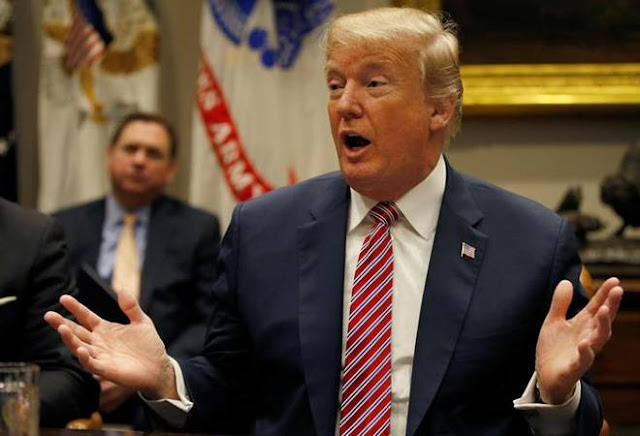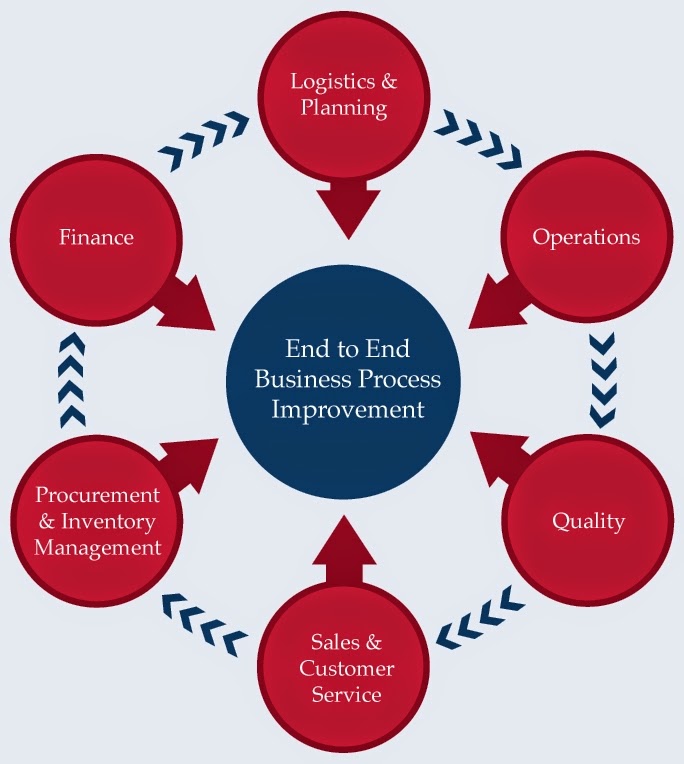Trump administration makes H-1B visa approval tougher; to impact Indian firms
The Trump administration has now made the H1-B visa procedure tougher with the announcement of a new policy. It is expected to affect individuals who are employed at one or more third-party worksites, and to hugely impact Indian IT companies and their employees. According to reports, the new policy requires a company to make extra efforts to prove that its H-1B employee at a third-party worksite has specific and non-qualifying speculative assignments in speciality occupation.
The new policy will be effective immediately. It must be noted that the new H-1B filing season is expected to be April 2 for the fiscal year 2019, which means that the timing of the announcement is not coincidental.
This announcement comes as part of President Trump's Buy American, Hire American directive that was ordered to ensure the interests of US workers.
The seven-page policy that was announced yesterday empowers the US Citizenship and Immigration Services (USCIS) to issue H-1B visas to an employee only for the period for which he/she has work at a third-party worksite. This move is expected to affect the duration of H-1B visas and bring it down to less than three years.
The guidance says in order for an H-1B petition involving a third-party worksite to be approved, the petitioner must show by a preponderance of evidence that the beneficiary will be employed in a speciality occupation and the employer will maintain an employer-employee relationship with the beneficiary for the duration of the requested validity period.
When H-1B beneficiaries are placed at third-party worksites, the companies must demonstrate that they have specific and non-speculative qualifying assignments in a speciality occupation for that beneficiary for the entire time requested on the petition.
While an H-1B petition may be approved for up to three years, the USCIS will, in its discretion, generally limit the approval period to the length of time demonstrated that the beneficiary will be placed in non-speculative work and during which the petitioner will maintain the requisite employer-employee relationship, an official statement said.
Extensions of H-1B visas have become even tougher, in particular if the employee has been on a bench for any part of their previous duration.
Sometimes American companies abruptly end the contract of an employee as a result the workers temporarily do not have any work, which in IT parlance is called on bench.
During this period, while they maintain their H-1B visas status, official investigations have revealed that foreign IT workers on H-1B visas do not get paid, which the USCIS says is illegal and abuse of the system.
"If an H-1B petitioner is applying to extend H-1B employment for a beneficiary who was placed at one or more third-party worksites during the course of past employment with the same petitioner, that petitioner should also establish that the H-1B requirements have been met for the entire prior approval period," the USCIS said.
And if these conditions are not met, and if the petitioner did not comply with the terms and conditions of the original petition and did not file an amended petition on time, USCIS may have eligibility concerns about a subsequent petition filed to extend the beneficiary's employment, the policy memorandum said.
"Employment-based petitioners who circumvent the worker protections outlined in the nation's immigration laws not only injure US workers (eg their wages and job opportunities), but also the foreign workers for whom they are petitioning," it said.
Companies seeking H-1B visas for their employees working at a third-party site, would now have an intensive paper work to file before submitting their applications.
This includes evidence of actual work assignments, which may include technical documentation, milestone tables, marketing analysis, cost-benefit analysis, brochures, and funding documents.
The letter should provide information, such as a detailed description of the specialised duties the beneficiary will perform, the qualifications required to perform those duties, the duration of the job, salary or wages paid, hours worked, benefits, a detailed description of who will supervise the beneficiary and the beneficiary s duties, and any other related evidence, the USCIS said.
The H-1B programme offers temporary US visas that allow companies to hire highly skilled foreign professionals working in areas with shortages of qualified American workers.
Indian IT companies, which are among the major beneficiaries of H-1B visas, has a significant number of its employees deployed at third-party worksites. A significant number of American banking, travel and commercial services depend on on-site IT workers from India to get their job done.
Source- Businesstoday


Halo,I'm Helena Julio from Ecuador,I want to talk good about Le_Meridian Funding Investors on this topic.Le_Meridian Funding Investors gives me financial support when all bank in my city turned down my request to grant me a loan of 500,000.00 USD, I tried all i could to get a loan from my banks here in Ecuador but they all turned me down because my credit was low but with god grace I came to know about Le_Meridian so I decided to give a try to apply for the loan. with God willing they grant me loan of 500,000.00 USD the loan request that my banks here in Ecuador has turned me down for, it was really awesome doing business with them and my business is going well now. Here is Le_Meridian Funding Investment Email/WhatsApp Contact if you wish to apply loan from them.Email:lfdsloans@lemeridianfds.com / lfdsloans@outlook.comWhatsApp Contact:+1-989-394-3740.
ReplyDelete